In recent years, social media has become an indispensable tool for communication, self-expression, and information dissemination. However, the unbridled freedom enjoyed by social media users in Ghana has led to a disturbing trend: the rampant abuse of public figures, including the President, John Mahama, and other influential personalities.
The situation has escalated to the point where some individuals feel emboldened to issue threats against the President and his family, as well as engage in vicious insults and defamation. This toxic atmosphere not only undermines the dignity of public office but also creates a culture of intolerance and incivility.
The Consequences of Inaction
If left unchecked, this phenomenon can have far-reaching consequences for Ghana’s democracy and social cohesion. The constant barrage of insults and threats can:
- Erode trust in institutions: When public figures are subjected to relentless abuse, it can erode trust in the institutions they represent.
- Incite violence: Inflammatory language and threats can incite violence and create a sense of unease among citizens.
- Stifle free speech: The fear of being targeted by online trolls can silence marginalized voices and stifle constructive debate.
Measures Needed to Address the Menace
To address this growing concern, the following measures should be considered:
- Enactment of specific social media laws: Ghana needs laws that specifically address social media abuse, including provisions for penalties and enforcement mechanisms.
- Strengthening of existing laws: Existing laws on defamation, libel, and cybercrime should be reviewed and strengthened to address the nuances of social media.
- Increased awareness and education: Public awareness campaigns should be launched to educate citizens about the responsible use of social media and the consequences of abuse.
- Collaboration with social media platforms: The government should engage with social media platforms to ensure they take concrete steps to address abuse and harassment on their platforms.
- Encouraging responsible influencer culture: Social media influencers should be encouraged to promote responsible and respectful online behavior, using their platforms to foster constructive dialogue and debate.
The time for action is now. Ghana cannot afford to let social media abuse continue unchecked, threatening the very foundations of our democracy and social cohesion. By implementing the measures outlined above, we can create a safer, more respectful online environment that promotes constructive debate and fosters a culture of tolerance and understanding.
BY; REGINA BLESS


































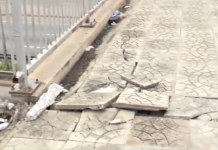

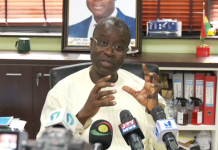




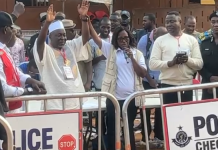














![[FREE FREE MONEY] Predict and Win a Guaranteed GH¢200 From Us EVERY WEEK](https://wordpress.ghanatalksradio.com/wp-content/uploads/2022/02/Predict-and-Win-Final-09-03-2021-218x150.jpg)
![[Predict & Win – 8th/Oct.] WIN A Guaranteed ¢200 From Us This Week](https://wordpress.ghanatalksradio.com/wp-content/uploads/2021/10/maxresdefault-16-218x150.jpg)
![[Predict & Win – 2nd] WIN A Guaranteed ¢200 From Us This Week](https://wordpress.ghanatalksradio.com/wp-content/uploads/2021/09/maxresdefault-50-218x150.jpg)
![[Predict & Win – 25th] WIN A Guaranteed ¢200 From Us This Week](https://wordpress.ghanatalksradio.com/wp-content/uploads/2021/09/maxresdefault-36-218x150.jpg)
![[Predict & Win – 18th] WIN A Guaranteed ¢200 From Us This Week](https://wordpress.ghanatalksradio.com/wp-content/uploads/2021/09/maxresdefault-23-218x150.jpg)
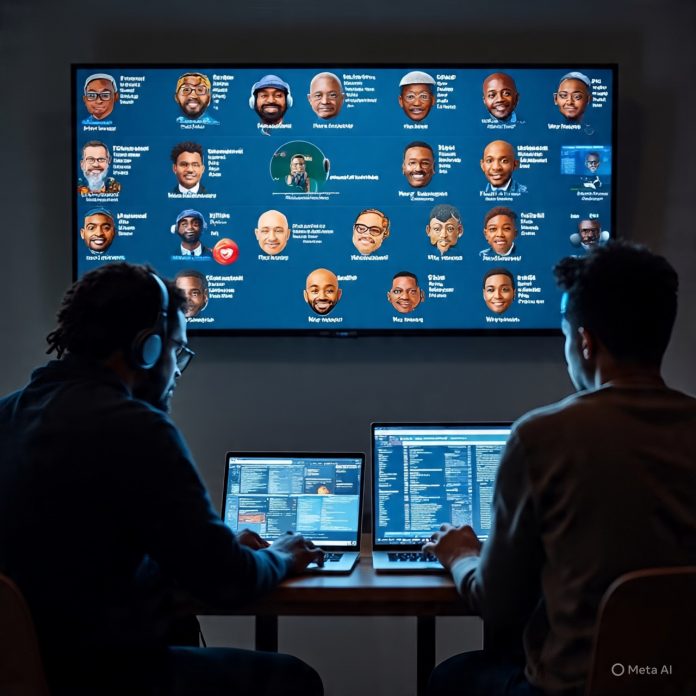

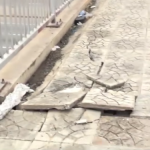






![[National cathedral] See full list of churches that have contributed since 2018](https://wordpress.ghanatalksradio.com/wp-content/uploads/2020/09/Ghana-National-Cathedral-GhanaTalksRadio-100x70.jpg)



